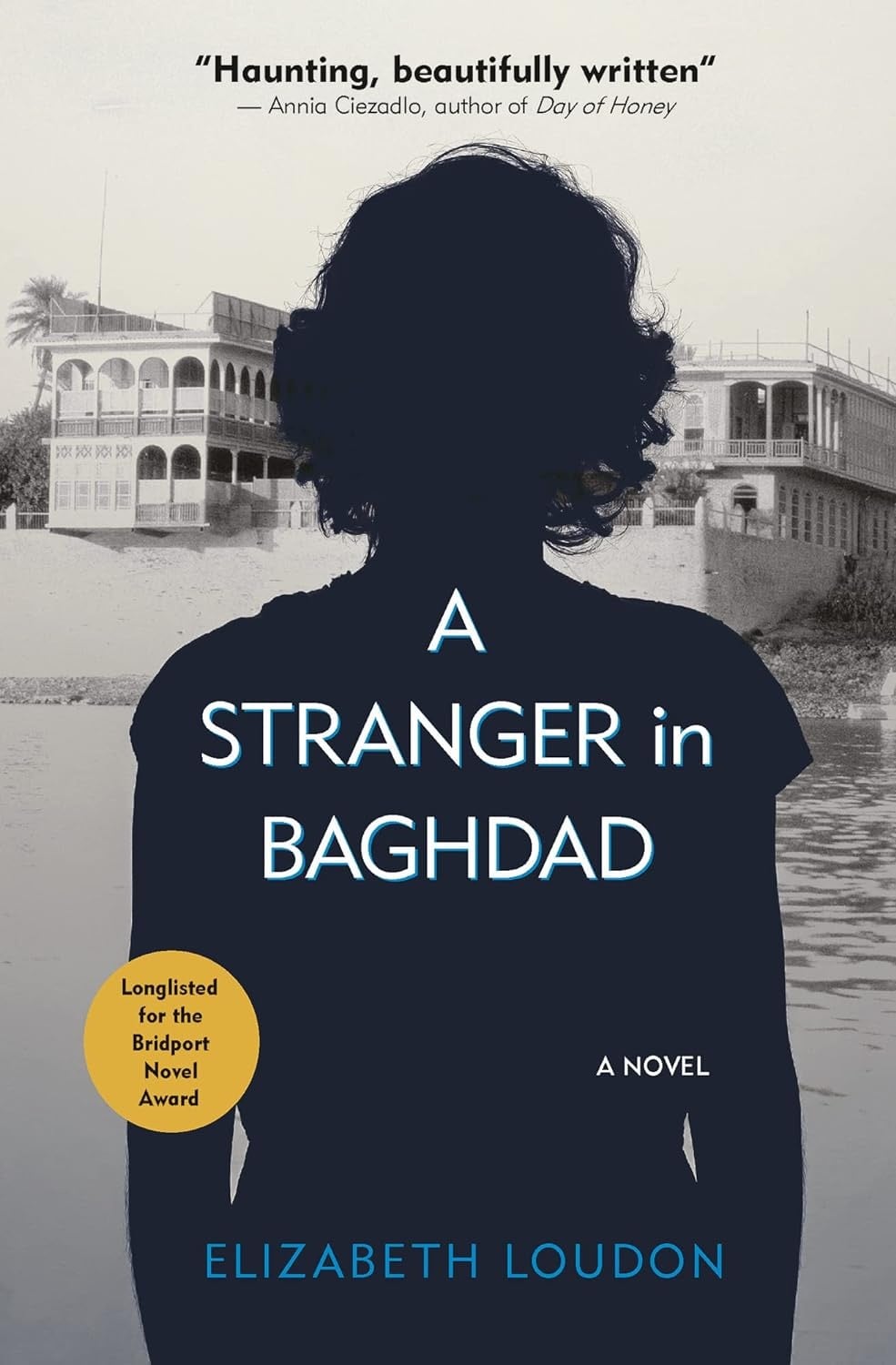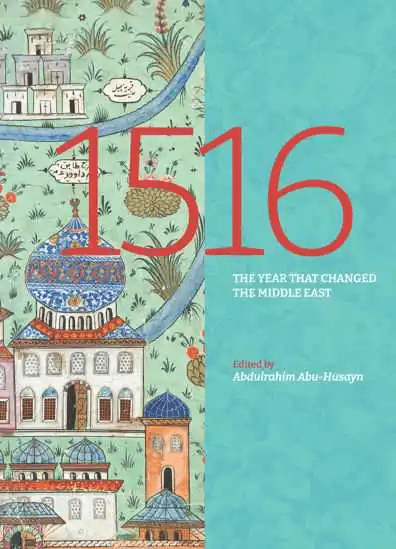
Stranger in Baghdad
Kyle Pakka
Elizabeth Loudon.
Hoopoe Fiction, 2023.
“Baghdad was a sprawl, each street grabbing at the tail of another. It was a city of pavement philosophers, home-brewed magicians, and café kings all packed in tight.”
—From A Stranger in Baghdad
You may also be interested in...

In War and Peace, Book Explores How Rome and Persia Remained Frenemies
Book Review: In his latest scholarly work, Roman historian Adrian Goldsworthy reduces Persian and Roman longevity to simply an ever-evolving coexistence.
Editor Challenges Readers To Witness Islamic History Sans the Modern Lens In New Book
In 1516, Ottoman Sultan Selim I entered Damascus clean-shaven. What followed changed Arab-Turkish relations for 400 years.